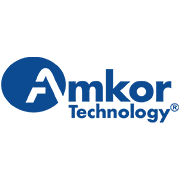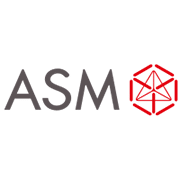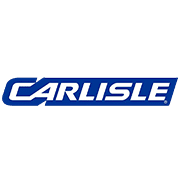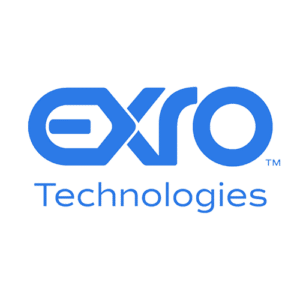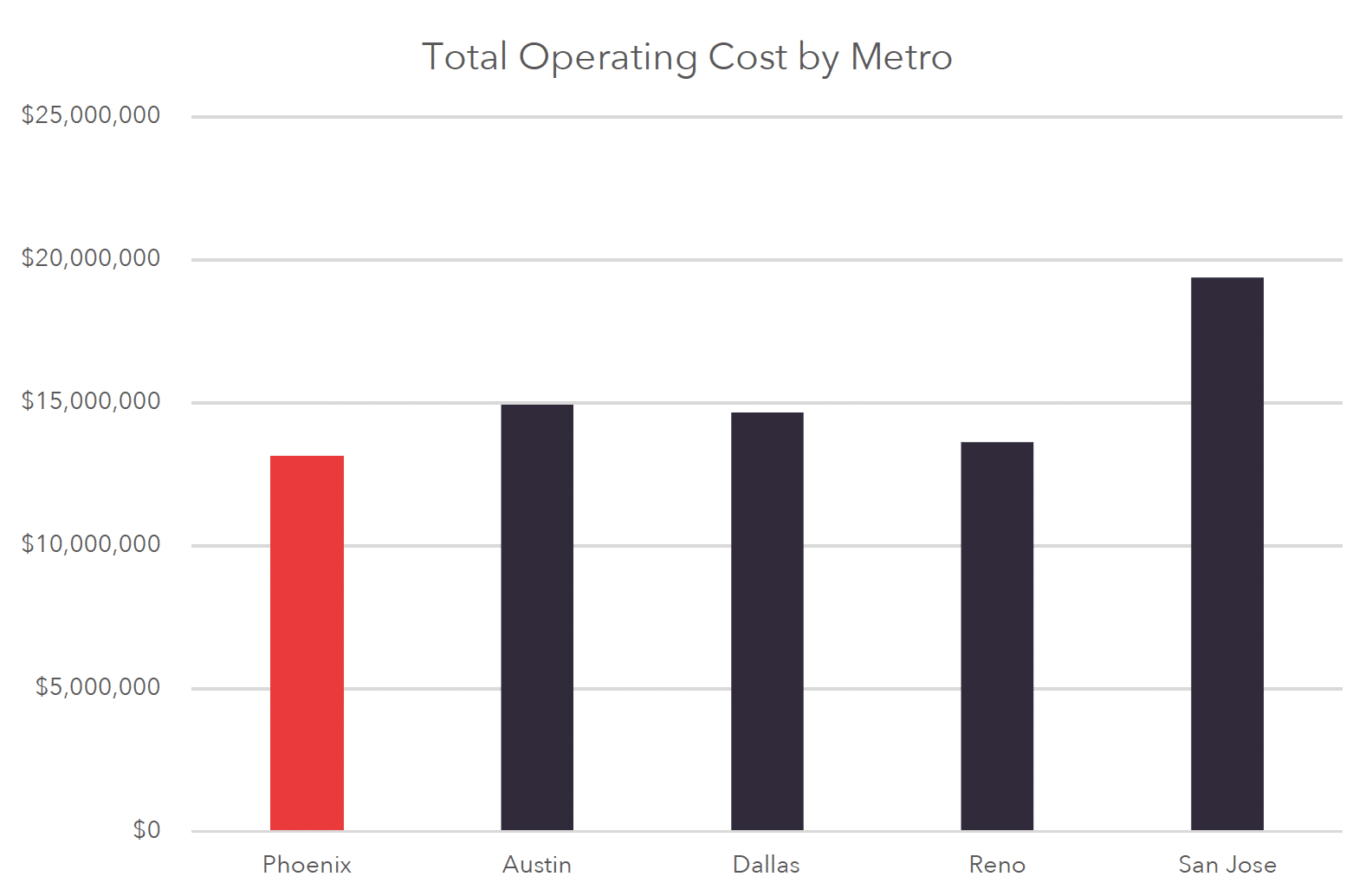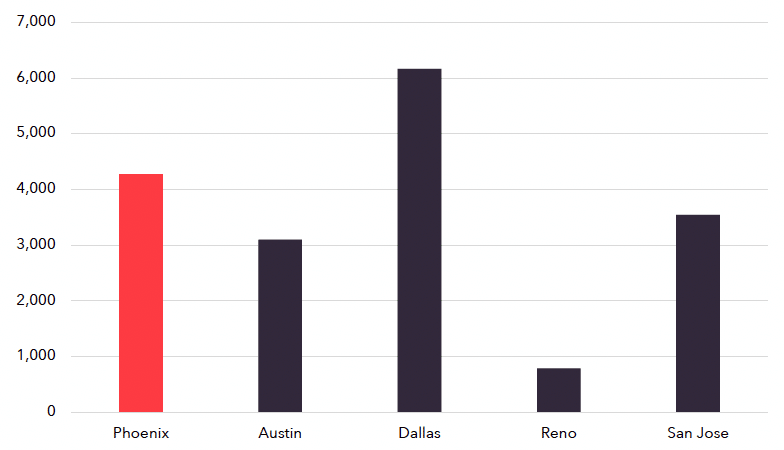
Build the Future of Commuting in Greater Phoenix
Autonomous and electric vehicles are changing the world we live in, and Greater Phoenix is a prime location for the development and testing of this transformative technology. Not only is Arizona a hub of electric vehicle consumers, ranking 7th nationally for registered electric vehicles, residents and public policies alike support the testing of autonomous vehicles. Greater Phoenix is exceptionally positioned to absorb both new-to-market companies and the expansion of existing technologies due to supportive policies, reliable infrastructure, an established supply chain, competitive operating costs, diverse talent pipeline and high quality of life. The region offers an industry ecosystem built for autonomous and electric vehicle (AV/EV) development, testing and production.
AV/EV Industry Report
Get our 37-page, in-depth report on the autonomous and electric vehicle ecosystem in Greater Phoenix.
Supportive Policies
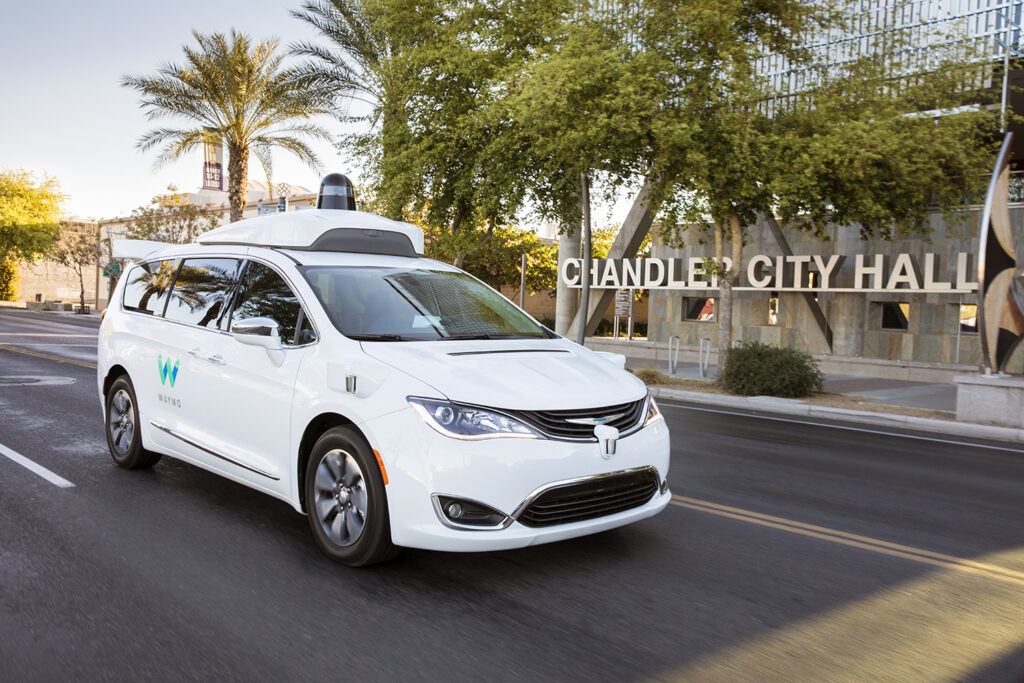
Autonomous Vehicle Testing & Piloting
In 2015, former Arizona Governor Doug Ducey signed an executive order allowing for the testing and piloting of driverless vehicles on certain public roads. Arizona is committed to hosting the emergence of new technologies. This is just one reason companies like Waymo and Lucid have chosen to do business in Greater Phoenix.
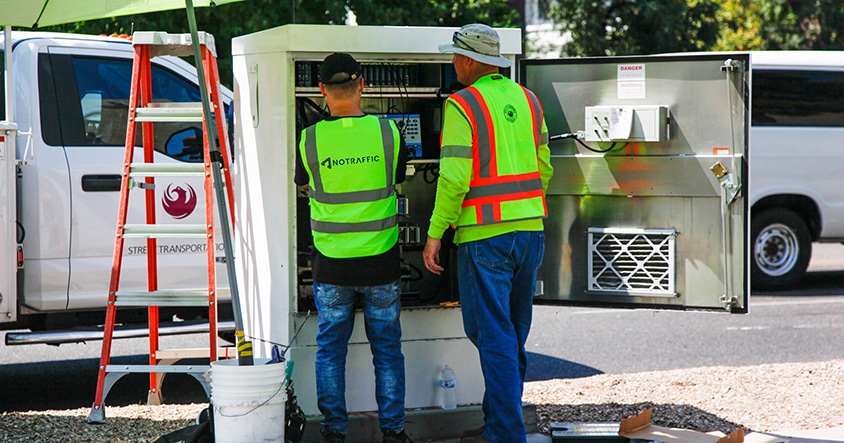
Arizona 5G Wireless Communication Policy
In March 2017, Arizona passed legislation creating a statewide policy for the implementation of 5G technology. HB 2365, which was signed by former Governor Ducey in April, limits regulations on the collocation of small wireless facilities used to improve the existing 4G LTE network and create the infrastructure needed to buildout 5G technology.
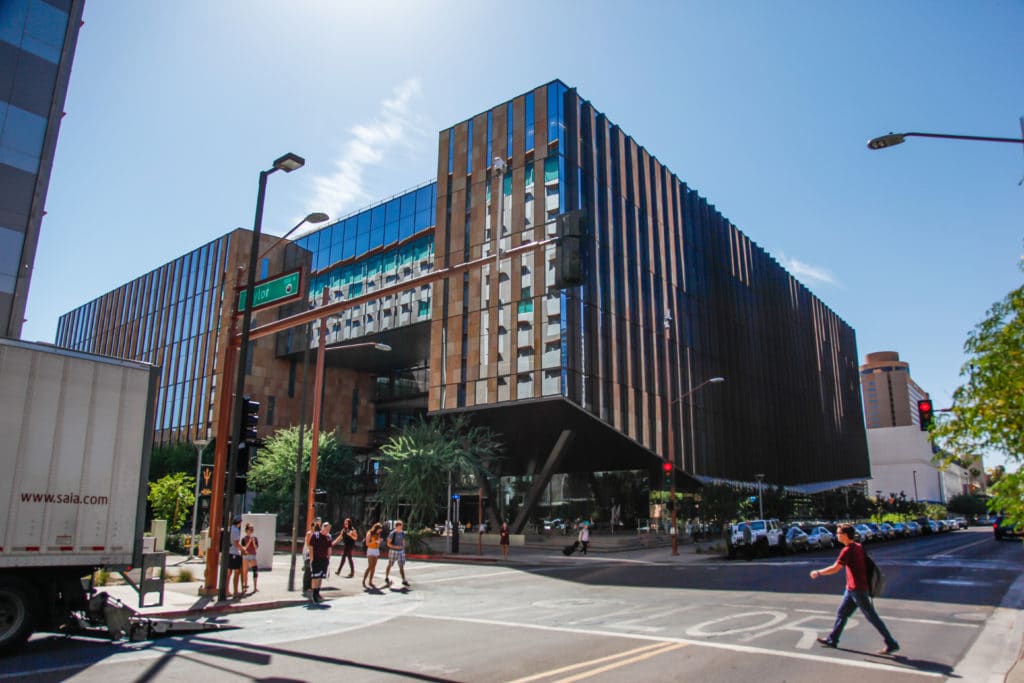
2018 AV Research Partnership Program
In 2018, former Arizona Governor Doug Ducey signed an executive order creating the Institute for Automated Mobility (IAM) in partnership with Intel, Arizona State University (ASU), Northern Arizona University, University of Arizona (U of A), and other public and private organizations that will collaborate on state-of-the-art research in Arizona. The goal of the institute is to advance all aspects of autonomous vehicles from science to safety to policy.
50,000
electric vehicles inside APS and SRP service territory
50
miles or less between charging stations planned or under construction on interstates with federal funding
4000+
students earned degrees relevant to the development of autonomous & electric vehicles in 2019-20
Download the full industry analysis for more incentives and program details.
Reliable Infrastructure
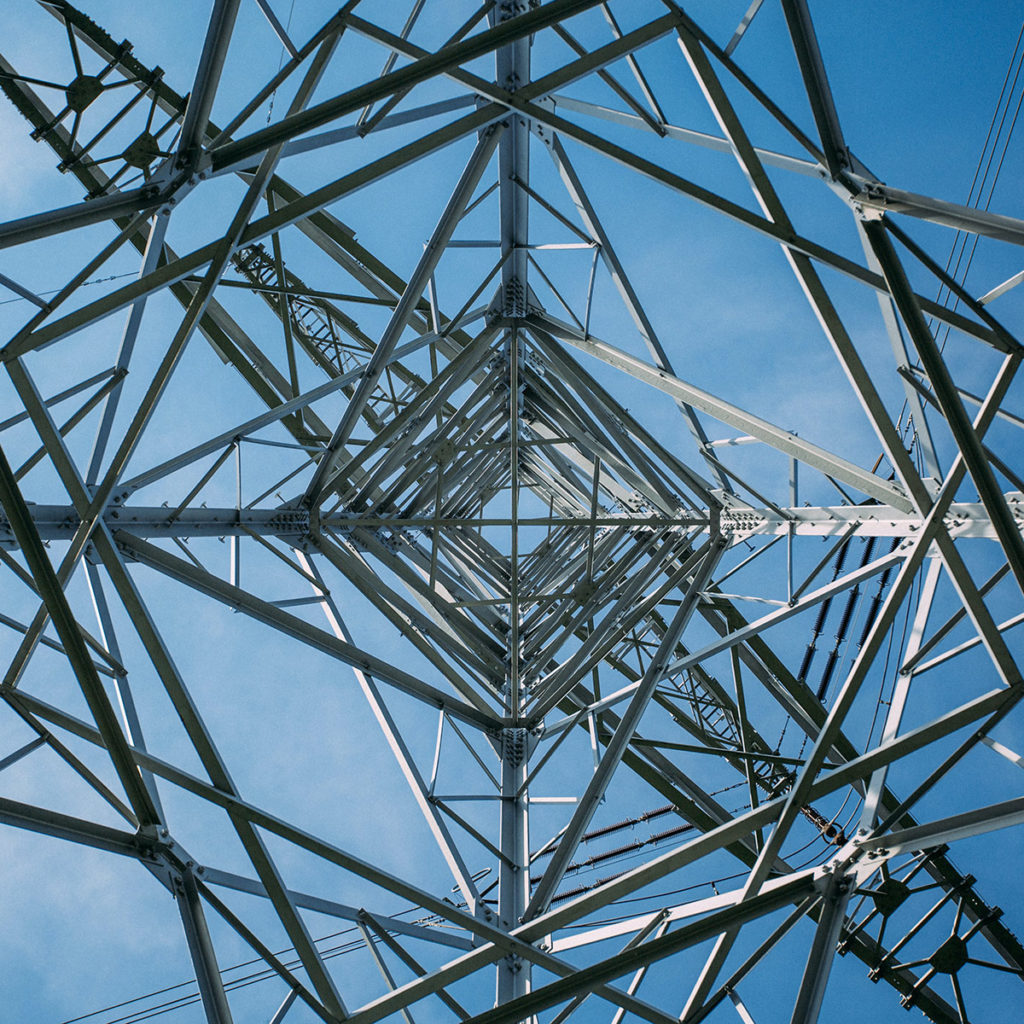
Reliable Power
Arizona has the second-most reliable power grid in the nation and 73% fewer natural disasters than the adjacent state of California. Over the last 10-year period, Arizona recorded only 33 total hours of disturbances. Reduce risk and increase operating efficiency moving to Greater Phoenix.
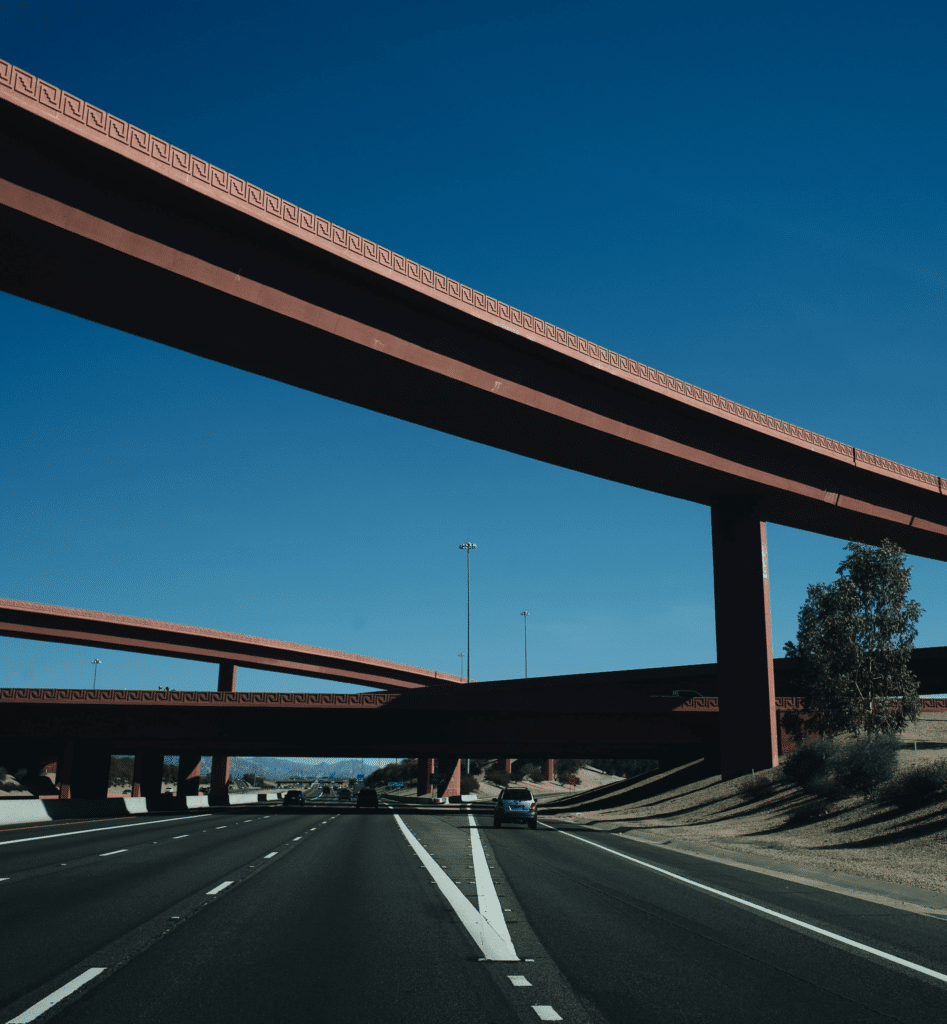
Grid system
As a relatively young region, Greater Phoenix came of age in the era of the automobile, meaning the street system for vehicles as a grid plan with wide roads and lower levels of traffic, providing an optimal test environment for autonomous vehicles.

Favorable Climate
From flat desert land to mountains with snow — Arizona has excellent weather for manufacturing and testing autonomous and electric vehicles alike.
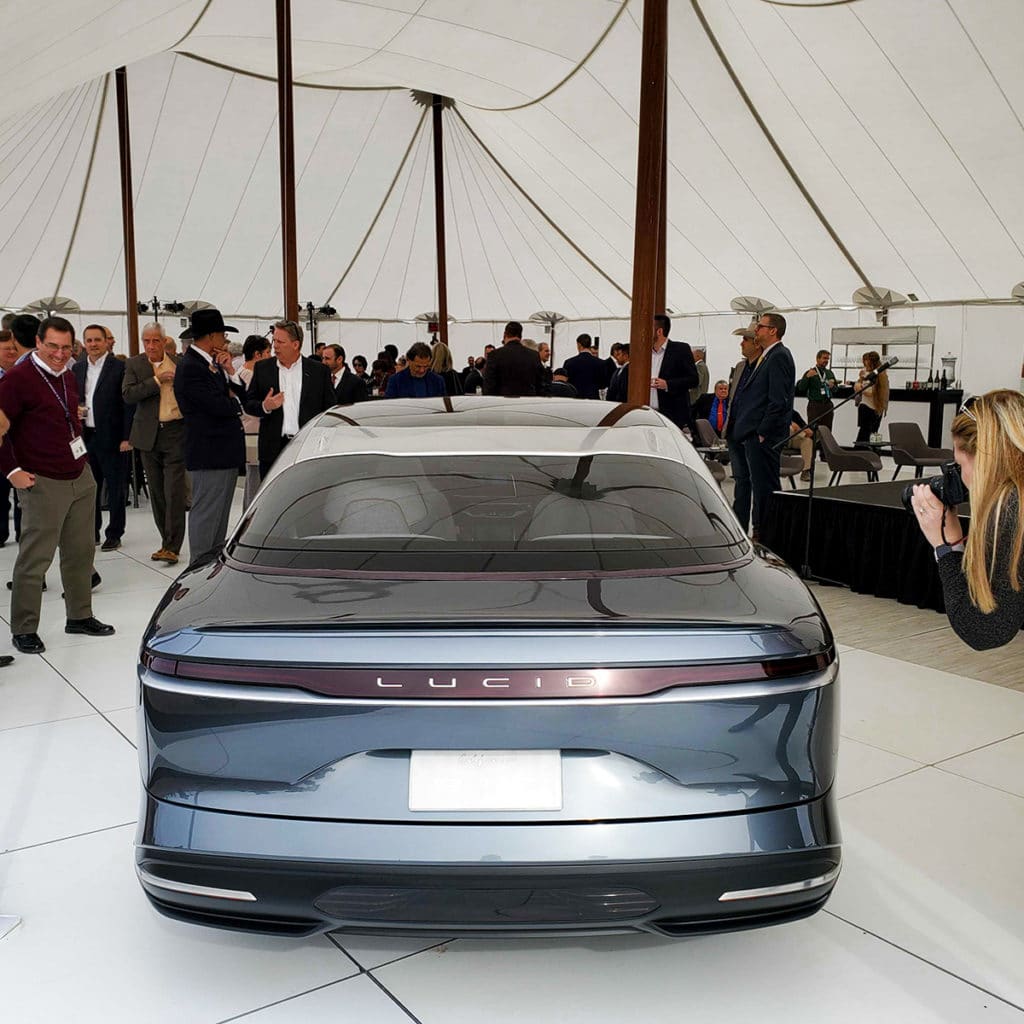
5G Connectivity
Phoenix was one of the first cities in the nation to deploy 5G, accelerating the capacity for AV testing and decreasing latency across technologies.

Light Rail & Commute Time
The region offers an expanding light rail and modern freeway system, ensuring there is a robust supply of talent no matter where a business is located. Average commute time in the region is only 25.6 minutes, significantly shorter than comparable peer markets.
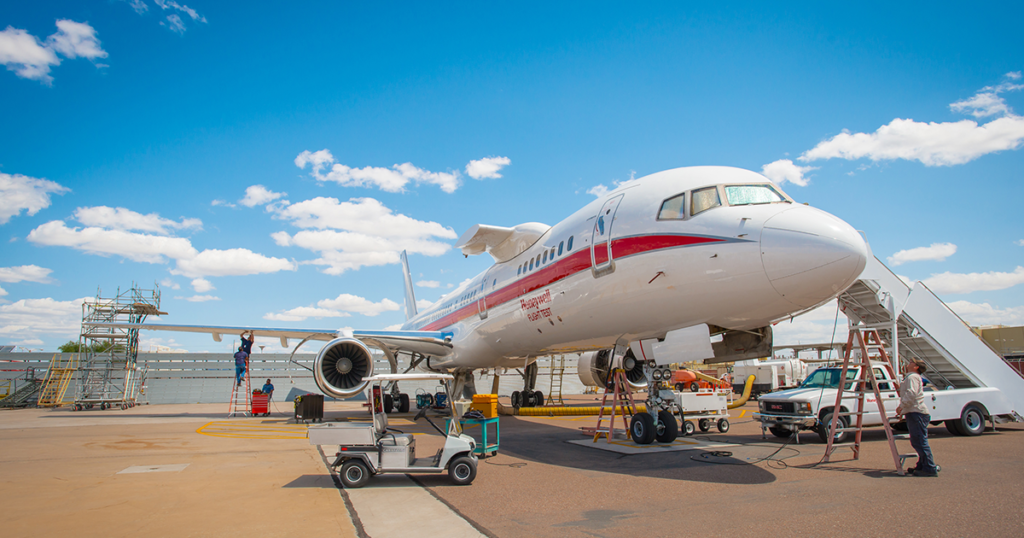
Airline Connectivity & Access
Enjoy prime connectivity in Greater Phoenix with proximity to Mexico and the cross-border supply chain, and air travel and commerce efficiency through multiple airports. Phoenix Sky Harbor alone offers over 1,200 daily domestic and international flights.
Download the full industry analysis for additional details on Greater Phoenix infrastructure.
Established Supply Chain
Significant Advanced Technology Supply Chain
Greater Phoenix is home to nearly every piece of the autonomous & electric vehicle supply chain. The companies below represent a sample of the firms currently operating in the region.
Autonomous & Electric Vehicle R&D Innovators
Thanks to the infrastructure, regional growth and history of high-tech innovation, Greater Phoenix is an established hub for next generation vehicle development. That’s why innovators like Waymo, Nuro, ElectricaMecchanica, Lucid and many others are thriving in Greater Phoenix.
Battery Development
Stimulated by the $5.5 billion LG Energy Solution investment in Queen Creek, the region’s battery and storage ecosystem is emerging as a major player in the electric vehicle sphere.
Download the full industry analysis for more local Greater Phoenix suppliers and innovators.
Competitive Operating Costs

A Business-Friendly Operating Environment
Greater Phoenix provides the right combination of affordability, size and scalability. Compared to other metros, Greater Phoenix is less expensive or competitive across all major expenses. Despite having one of the largest talent pools among peer markets, the region has one of the lowest employee payroll costs, while also boasting affordable real estate payments.
Total Operating Cost by Metro – Research & Development
Assumptions: $5,000,000 personal property investment; 50,000-square-foot High Tech Lease; Utilities (per month): Electricity: 75KW, 30,000KWh, Water/Wastewater: 3,000cf, 5/8 meter; 100 jobs (Bureau of Labor Statistics equivalent occupations)
Operating Cost Analysis
Annual Operating Cost – R&D
| Metro |
Payroll |
Benefits |
Utilities |
Real Estate |
Property Tax |
Total Operating Cost |
Index |
|---|---|---|---|---|---|---|---|
Phoenix |
$10,167,244 |
$2,269,024 |
$41,022 |
$649,500 |
$2,465 |
$13,129,255 |
100.0% |
Austin |
$11,362,632 |
$2,533,681 |
$35,953 |
$895,500 |
$108,834 |
$14,936,600 |
113.8% |
Dallas-Fort Worth |
$11,378,864 |
$2,537,657 |
$47,228 |
$581,500 |
$117,165 |
$14,662,414 |
111.7% |
Reno |
$10,489,516 |
$$2,431,335 |
$29,832 |
$613,000 |
$63,826 |
$13,627,509 |
103.8% |
San Jose |
$14,298,786 |
$3,264,391 |
$79,730 |
$1,680,000 |
$60,500 |
$19,383,407 |
147.6% |
Source: Applied Economics MetrocompTool 2023
Download the industry report for a cost analysis on manufacturing in the AV/EV sector.
Calculate Your Real Estate Savings
Select your MSA, building type and square footage to see how much you would save on annual real estate costs in Greater Phoenix.
Type
Sq. Feet
Calculations were performed using annual lease rates per square foot, effective property tax rates, and average costs of water, wastewater, electric and natural gas; utilities are included in office lease rates.
Sources: GPEC Metrocomp Tool
Diverse Talent Pipeline

New Talent Entering the Workforce
Greater Phoenix has competitive, non-distance program completions at colleges and universities in concentrations related to autonomous and electric vehicle research and development. The region produced over 4,000 graduates in related concentrations during the 2021-22 school year.

Key Programs & Colleges
Local universities, including ASU, U of A and GCU, offer programs preparing students for autonomous and electric vehicle fields. There are also a variety of community college programs and technical schools that train students in engineering and computer science with focuses in automotive, electrical systems, mechanical engineering systems and robotics.
Total Completions Awarded by Metro
Source: Lightcast 2022 Q4
Completions by Degree Type
| Certificates | Associates | Bachelor | Master | Doctor |
|---|---|---|---|---|
1,064 |
245 |
1,705 |
1,155 |
107 |
Download the full industry analysis for a comprehensive look at Greater Phoenix’s talent pool and pipeline.
High Quality of Life

Experience a vibrant lifestyle and diverse culture at an affordable cost of living.
Enjoy the outdoors with more than 300 days of sunshine, average temperatures of 75 degrees, convenient access to over 400 hiking trails and globally recognized sporting events. Take part in a vibrant arts and culture scene that includes prominent classical arts to public art to craft markets and a diverse range of music and cultural events. And, eat well with fresh farmers markets in every city, and globally recognized chefs and culinary experiences at your doorstep. Click the icons below to learn more about Greater Phoenix living.
